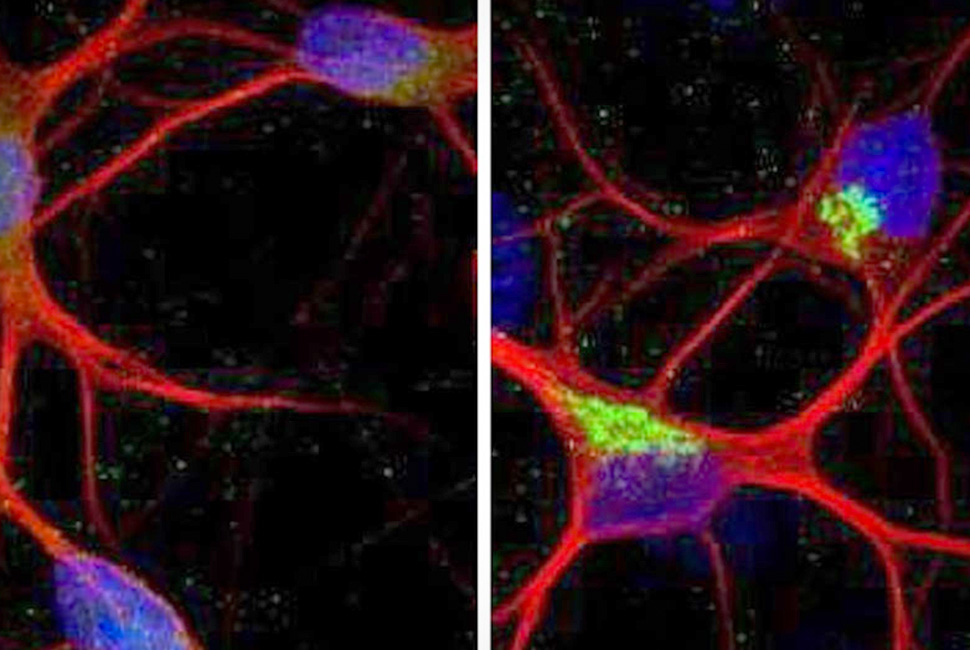A new Northwestern University study using patient nervous tissue and lab-grown human neurons has uncovered how a key disease protein, TDP-43, drives overactive nerve cells in the neurodegenerative diseases amyotrophic lateral sclerosis (ALS) and frontotemporal dementia (FTD).
The findings not only explain a long-standing mystery of why nerve cells overfire in ALS and FTD but also highlight a promising new drug to slow or prevent disease progression.
ALS, which attacks the spinal cord’s motor neurons and causes progressive weakness and muscle atrophy, affects about 350,000 people worldwide. FTD leads to atrophy in the brain’s frontal and temporal lobes, which are known to control personality, behavior and language. It is estimated that anywhere from 1.2 to 1.8 million people worldwide are living with some form of FTD.

